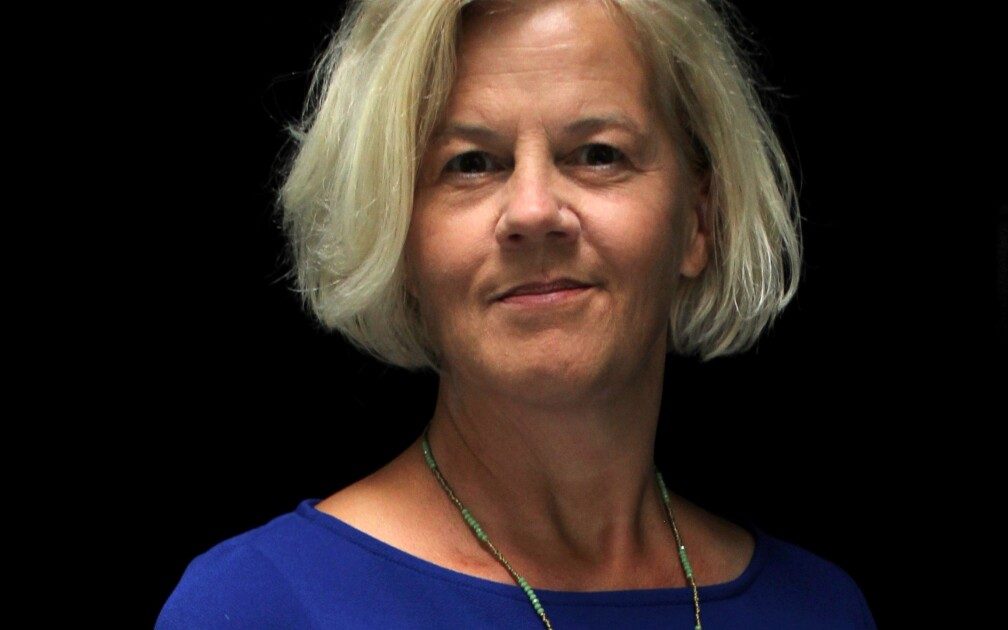Virginia journalist and bestselling author Beth Macy returns this week with Raising Lazarus: Hope, Justice, and the Future of America’s Overdose Crisis. The book builds off her previous book, Dopesick: Dealers, Doctors, and the Drug Company that Addicted America. While Dopesick traced Purdue Pharma’s orchestration of the opioid epidemic and shared stories of those caught in the crisis, Raising Lazarus examines the recent legal machinations of the Sackler family (Purdue Pharma founders) while highlighting the work of harm reductionists working to make care more accessible for people who use opioids.
For those new to the topic, Macy provides a nuanced history of drug use and treatment in America, examining racist, classist, and anti-immigrant policies—from the Harrison Narcotics Tax Act of 1914 to Nixon’s War on Drugs—that have led to almost 110,000 deaths from drug overdoses in the U.S. in 2021, with opioids accounting for approximately 75 percent of those, according to the Centers for Disease Control and Prevention. As Macy argues though, this does not have to be the state of things—and in most other countries, it simply is not. Opioid and substance use disorders are medically treatable, and there are proven models for community-based harm reduction; the social stigma and societal problems at the root of the American overdose epidemic, however, are more difficult to address.
“America remains the only developed country where it’s easier to get high than it is to get help,” Macy writes. The terrible reality is that 90 percent of Americans with a substance use disorder do not receive treatment, a theme that Macy returns to time and again: Public health infrastructure in the U.S. needs to be reimagined in ways that are informed by people who use drugs and people who have been working for years to meet the needs of their affected communities, with or without institutional support.

Macy’s decision to focus on “the people who weren’t waiting around for justice” introduces an assortment of folks working day and night with limited resources, often on a hyper-local level, in the face of the ongoing opioid epidemic. Her subjects range from nurse practitioner Tim Nolan, who provides mobile testing and treatment, to photographer Nan Goldin, who organized die-ins to raise awareness of the Sackler family’s involvement in the opioid epidemic, and Lill Prosperino, a nonbinary public health “hill witch” in West Virginia, home of the highest overdose rate.
Throughout Raising Lazarus, Macy is no-nonsense, calling out the bullshitters while sharing the struggles and successes of those whose work she celebrates. The personal stories included in the book are devastating, and patience is necessary to find glimpses of hope amidst the overwhelming severity of the problem. Some communities are more open to harm reduction than others, and the people she highlights so passionately are human too. This is a story of the messy middle, with hindsight to explain how we got here, insight into how we might move forward, but without a concrete conclusion, as there is still much work to be done.
Despite the fact that “roughly one in five Americans uses illegal drugs,” according to Macy, social stigma and shaming are hardwired in our culture, reinforcing ideas about “tough love” as a response to drug use despite decades of data demonstrating that this does not work. Raising Lazarus offers wide-ranging alternatives, from “the lowest of the low-hanging fruit” like drug court to radical ideas of safe consumption sites, and middle-ground options such as increased access to addiction medicines like buprenorphine.
For now, 90 percent of physicians still “refuse to prescribe addiction medicines because they don’t want ‘those people in [their] waiting room,’” writes Macy. Indeed, there is a dramatic lack of well-resourced programs that are accessible to the people who need them, many of whom are also grappling with other health concerns. Numerous treatment programs continue to be abstinence-only or include mandatory counseling, both of which are exclusionary and ineffective. Simply put, there is no single treatment strategy that will work for every person.
Given this, it is unsurprising that Macy does not have an answer to this complex and evolving epidemic. However, she does provide action items, including basic human rights like housing and universal health care. She also references sociologist Damon Centola, whose work suggests that dramatic social change—of the sort needed here—is possible when “just 25 percent of people are committed to changing the status quo.” In other words, change is possible through the efforts of individuals like those highlighted in Raising Lazarus, advocates like Macy herself, and community members who are willing to get to work.
In the Charlottesville area, resources include the Virginia Harm Reduction Coalition, a peer-run nonprofit that uses evidence-based solutions to improve the health of the people who use drugs, and Cville Area Harm Reduction, which works to provide free naloxone, sterile syringes, and fentanyl test strips. In addition, free opioid reversal training is offered by the Blue Ridge Health District, On Our Own of Charlottesville, and Region Ten. Learn more about these and other resources for addiction, substance, and overdose prevention and treatment through the Community Mental Health and Wellness Coalition at helphappenshere.org.
Raising Lazarus is available through local booksellers and libraries. Macy will be featured during a free in-person and livestreamed event on Tuesday, August 23, at 6pm, hosted by the Library of Virginia. Learn more at va.virginia.gov/eventscalendar.






